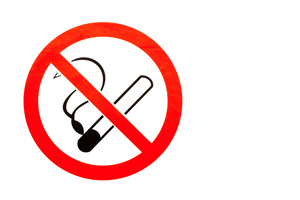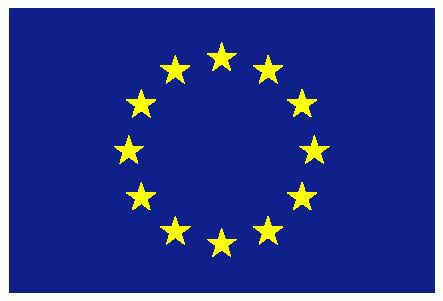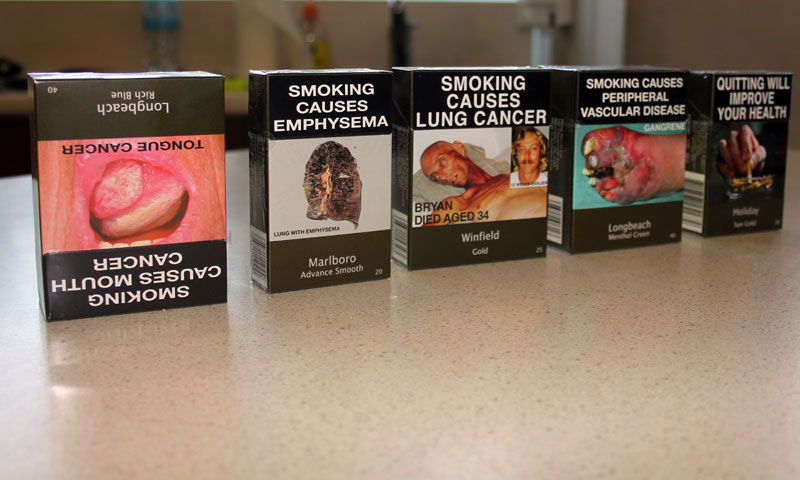Forest EU, which campaigns for smokers’ rights in Europe, has called for a hold to be put on tobacco legislation until it has been established whether the regulations introduced as part of the revised Tobacco Products Directive (TPD2) have worked.
The organization has issued its call ahead of the May 20 deadline for EU countries to no longer allow on their markets tobacco products that aren’t compliant with the provisions of TPD2.
The call follows and to some extent echoes a statement by Forest UK that the TPD2 regulations coming into force ‘infantilise’ consumers and will make no difference to public health (see New rules seen as infantile, May 17). But it also widens the debate.
Guillaume Périgois, director of Forest EU, said in a press note that the TPD2 was introducing new measures intended to combat the illegal trade in tobacco products, including an EU-wide tracking and tracing system for the legal supply chain and a security feature composed of holograms.
“The measures designed to restrict trade in illegal tobacco are an implicit recognition that over-regulation encourages counterfeiting and smuggling of tobacco, with all the harmful side effects this causes, including boosting organised crime and the availability of low quality products,” said Périgois.
The press note said that in December 2012, the European Commission adopted its proposal to revise the previous EU Tobacco Products Directive, or TPD1, following a public consultation that had generated 85,000 responses, the majority of which opposed the key measures featured in the proposal.
‘The accompanying Impact Assessment asserted that the proposal will create a two percent drop in consumption (representing around 2.4 million smokers, compared to the 100 million adult smokers in the EU) within five years after the transposition (i.e. 2021), but the Commission acknowledges that this figure is just “a best effort estimation”,’ the note said.
“The new regulations are a disgraceful attempt to denormalize both the product and legitimate consumers,” said Périgois.
“The European smokers opposed TPD1 then and they oppose TPD2 now.
“There’s no evidence they will have the slightest impact on public health.”
Forest EU said it was calling for a ‘neutral’ review of the impact of TPD2.
“The EU should attempt no further legislation on tobacco before we know how this directive has worked,” said Périgois.
“This will give the EU a chance to review the impact of these policies and, where necessary, amend or repeal regulations that deliberately discriminate against 100 million adult consumers.”







